How to start a social enterprise start-up with… Kitchen Cosmetics
25/10/2023
Who: Latoya Adlam
Brand launched: November 2018
Product: Natural, organic, vegan and cruelty-free beauty products such as body balm, hair souffle and beard scrub.
Impact: Sales of the range support Latoya’s non-profit, The KC Causes. This was set up to support and strengthen the local community, as well as help families experiencing financial hardship, food shortages and mental health needs. Every quarter, the team builds community events, donates and gives back in various ways.
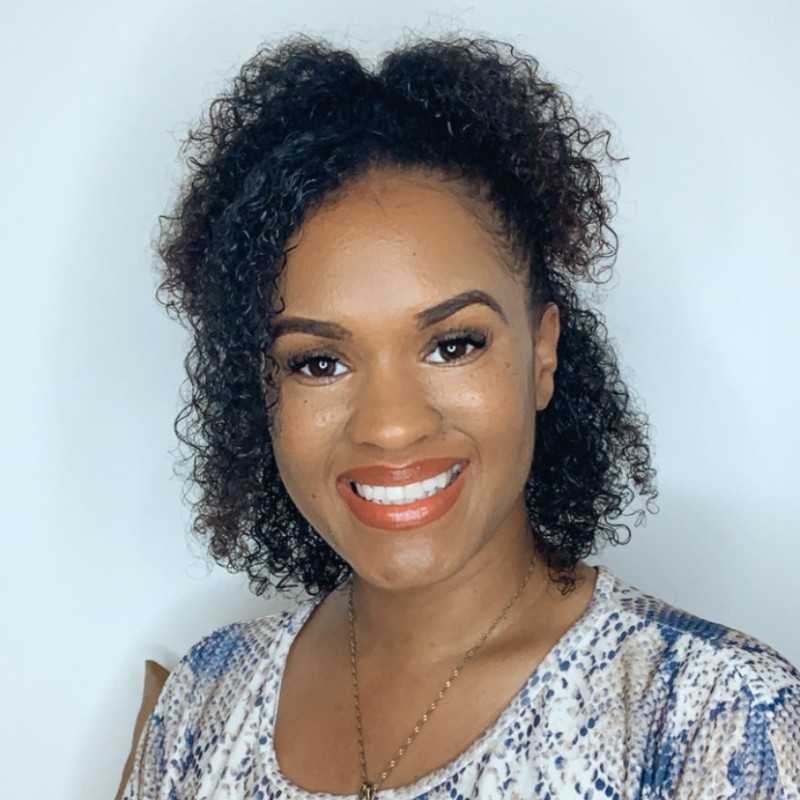
SSM: To start, can you tell us about what inspired you to start your brand? What came first – the idea of supporting families or creating natural products?
Latoya: The idea for Kitchen Cosmetics started about eight years ago. But actually, I’d always been into natural healing and natural skin and hair care. While working within the beauty industry, I definitely saw a need for a really transparent beauty company and fell out of love with how the industry can be so socially irresponsible.
So I left the beauty sector about five years ago and started in the nonprofit sector helping the local community, another great passion of mine. And then somebody I know became ill and asked me to make them some products. While doing that and helping them get back to their natural selves, growing their hair back in and that kind of thing, I fell back in love with beauty and healing in terms of skin and hair care, and how it can make you feel.
It was then I decided to merge my two passions. I just thought you can actually have a beauty company that cares about its local community and cares about the impact it makes within the world. One day I was just like, I don’t know how but somehow I’m going to merge the two and I’m going to make it work. That’s why I came up with our slogan: beauty with a cause.
SSM: How did you know how to create the formulations?
Latoya: Growing up my mum had really severe eczema. She always used to take us travelling around the world and whichever country we were in, she would make a point of going to their local herbalist with her skin condition and being like, hey, I’ve got this, what can you do? What do you use in your tradition, in your culture? And I would always be like, don’t leave me in the hotel, or don’t leave me with whoever, I want to come down to the market with you and hear what these people have to say. Oftentimes there was a language barrier. But I remember being like a sponge and wanting to learn all these things. So it’s always been something I’m intrigued by and interested in.
I also remember as a child in the garden, I used to mix different flowers together and be like, try this magic cream kind of thing. As I grew older, I guess my passion for different cultural beauty rituals just grew and the more I learned the more I formulated my own.
So with Kitchen Cosmetics, each individual product references back to, especially African, cultural rituals. If you look at the ingredients, they are quite traditional and quite simple.
SSM: Such a cool story! Can you take us back to the very early days of starting the brand? What were those first days like?
Latoya: I had no source of capital. It was just me and my little tiny pot of savings and I was working a normal job, with a nonprofit in a completely different sector. I did both for the first two and a half years, which was so difficult.
When I decided I’m going to make it into a business, I had already formulated a few products for my friend, I just needed to get them sent off for safety testing and that sort of thing. But I reckon it was a good nine months from having the idea until launch day. I had to get the company registered and get exactly what it was I wanted to do and how I was going to do it down on paper.
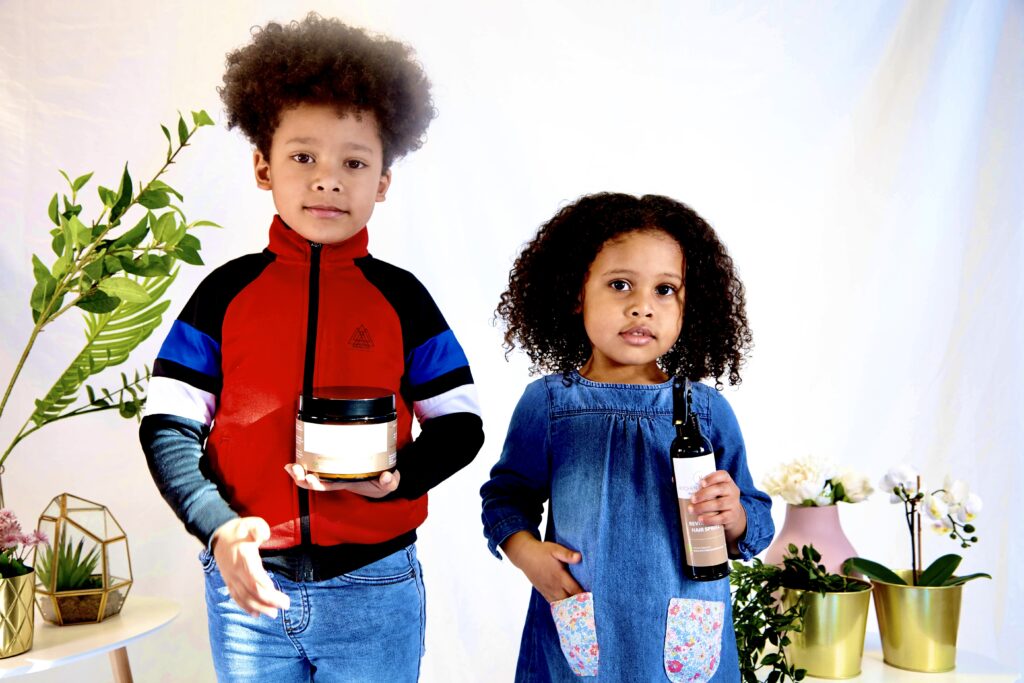
SSM: And how do you do that? Hold down a full time job, have a side hustle, have a young family?
Latoya: I guess it was all about structure for me. So I’d wake every day around five o’clock. I like to start before everyone else wakes up – my son is usually up at about seven. I’d meditate, pray, journal for about half an hour, and then start work on my business. I’d sit and get ahead or plan my day, then do the school run and go to work with my other job.
After he’d gone back to bed, I would continue working. So my working day would start about five o’clock until about seven in terms of the business and then starting the business again from like eight o’clock in the evening, until about 1am. And I did that for a solid two years.
SSM: That’s incredible. So how did you know it was time to make the leap to doing it full-time in January 2021, especially during the pandemic?
Latoya: It was really difficult. I was thinking about it for a long time. I was attached to my job. I was working in the prison service during the pandemic, which actually really made me sad, because nobody seemed to acknowledge the difficulty the pandemic had on prisoners.
So I found it a big struggle, because I didn’t want to leave but I really needed to focus on my business. It was about a year before I left. They offered me redundancy and I actually had the offer for around three months. On the very last day I said I’d take it. I knew in my heart of hearts, it was the right thing to do in terms of the business.
I know a lot of the times with businesses it’s more like a financial decision, but for me, it was a focus decision. I knew I couldn’t healthfully continue to have the lifestyle I was living in terms of like going to bed at stupid o’clock. The business had got to a point where I actually couldn’t sustain not working on it during normal working hours.
SSM: Can you tell us about your business structure and how you’re set up? You have the brand Kitchen Cosmetics and then you have KC Causes, which is a charity, right?
Latoya: Yeah, that’s right. So Kitchen Cosmetics is a limited company and KC Causes is a CIC. I struggled for a long time in terms of what type of structure I wanted to create. But I did it this way because I wanted the two to be separate entities, just in case one didn’t work, I was still able to have the other. We also get people contacting us that want to donate directly to the charity, which they can do when it’s a separate CIC.
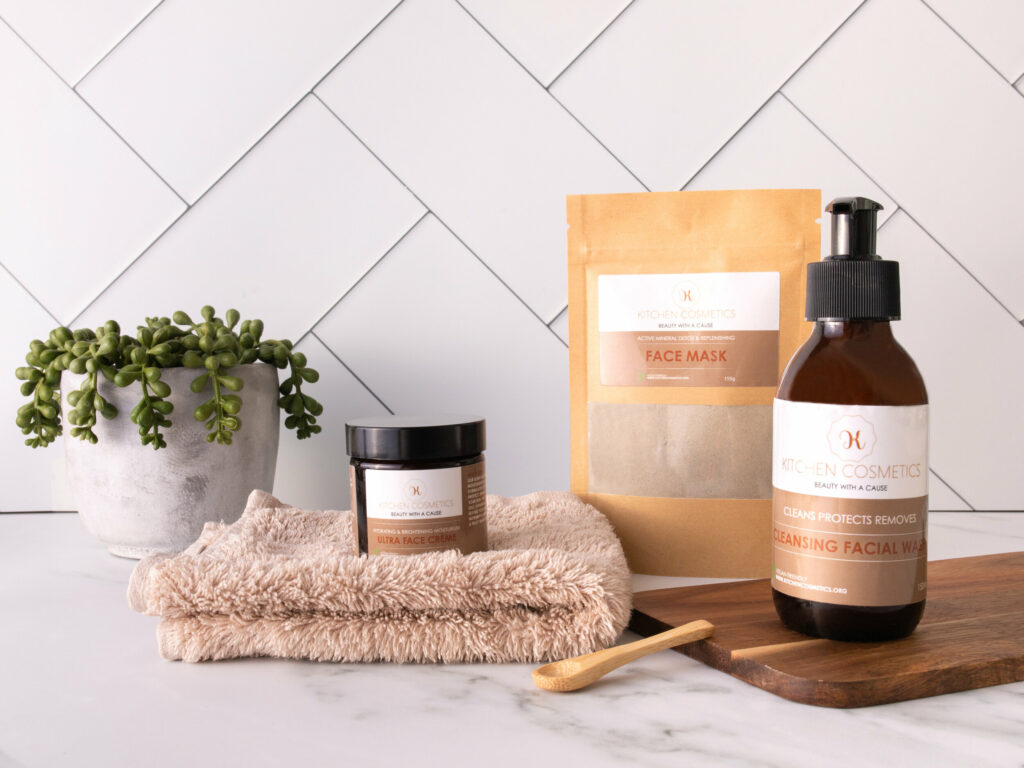
SSM: Did you look to anybody for advice, like signing up for any accelerator programmes or any sort of advisors?
Latoya: I did try to access quite a few different business support programmes, but a lot of them were during the day, when I was at work. So quite often, a lot of the support that I did try to access I couldn’t actually get. I’m aware now of lots of different organisations that I could have accessed. At the time, I was probably so sleep-deprived, I wasn’t even looking in all the right places!
SSM: How does the charity work? Are you running both of those entities single-handedly at the moment, or do you have anyone helping you?
Latoya: Yes, I’m running them single-handedly, which is crazy. With the KC Causes, we do a local event every quarter, or we give back to the community in some way, supporting a different cause each time. For example, we partner with free housing associations here in Bristol and we provided the funds for 20 low-income families to have a family day out, once all the lockdown restrictions were over.
Another is a winter drive, collecting clothing for the homeless and also for low-income families. And then every year we do the Feed a Family Christmas drive. 2022 is our third year feeding low-income families and families in need at Christmas.
We’ve supported 186 families by doing a different cause every quarter.
SSM: How do you find beneficiaries? Do you have partnerships with local community groups?
Latoya: We’re not necessarily partnered with any companies or charities, so I contact organisations connected to whichever cause we’re supporting. With the 20 families we supported with a day out, I contacted the housing associations and said we’ve got this pot of funds, we would love to contact low-income families. They were happy enough to give us the data, once they’d contacted the families.
We also put things out on social media as well, to find families in need. And quite often people contact us directly.
SSM: In terms of keeping track of the social impact you’re creating, do you measure that in the number of people impacted?
Latoya: Yeah, we count every person that we provided support for. So I know the numbers and know exactly what we’re doing and how we can do it better.
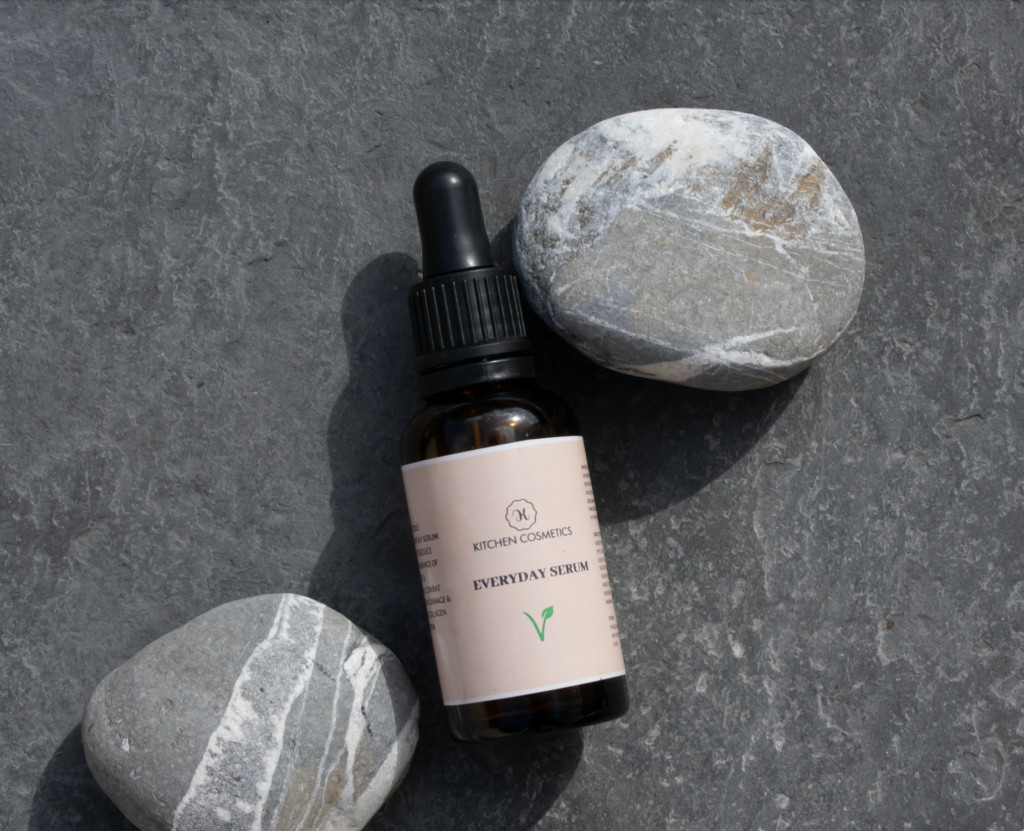
SSM: What’s your ambition for the next three years, the next 10 years? Do you envision that you’ll grow to a point where you have partnerships? Or do you hope that you’ll have organisations coming to you in the future?
Latoya: I think a bit of both. Right now, because I’m based in Bristol, a lot of my customers are in Bristol. But the more we branch out, I would like to give back to the communities where the products are sold. So if we get a particular customer base in Manchester or Liverpool or Leicester or wherever, that’s the direct community I would like to reach out to. That’s my bigger vision for the charity, that it’s constantly feeding the community that feeds it.
I’m currently looking for people I can get on board with Kitchen Cosmetics, so I can start to grow it in different cities as well. At the moment, we’ve got quite a good network and hub of people in London. So I’m hoping to do some sort of charity event or give back in London. And I’ve got my sights set on about four different cities in the UK too.
SSM: How did you develop your product range? Did you do any market research? It sounds like a lot of your market research was done in childhood, taking in all those cultures and traditions and ingredients. But how did you develop your range in your price point and know it was going to work?
Latoya: I worked in the beauty industry for around six years and it got to a point where beauty had become really overcomplicated. I was seeing more people come into stores and being like, I bought this product and I don’t know how to use it. Or I’ve got this 10-step skincare routine and I don’t know where to start.
When I was thinking about starting the brand, and with some of the products that I’d already created, I just wanted them to be simple. Because beauty is actually supposed to be a form of expression and fun. That’s at the heart of makeup, skincare, haircare and self-care, you know, it’s not supposed to be complicated.
It was super important to have transparent ingredients too, so people actually know what’s in the product. A lot of people buy products and are completely unaware some things in them are completely unnecessary. So I think there was a lot of market research but unknowingly, while working in the industry talking to thousands of different people about these complicated products.
It was also understanding what I wanted to create and sticking to that. I still like to experiment making different products. I formulated a soap recently and it just had too many ingredients, so I have to strip it all back. Sometimes I overcomplicate the ingredients, and also I like to do a lot of research on the product and test it for a long time. In business, sometimes it’s easy to get sidetracked. So it’s constantly reminding myself, okay, who is this product for? What is it going to do? Let me just stick to that.
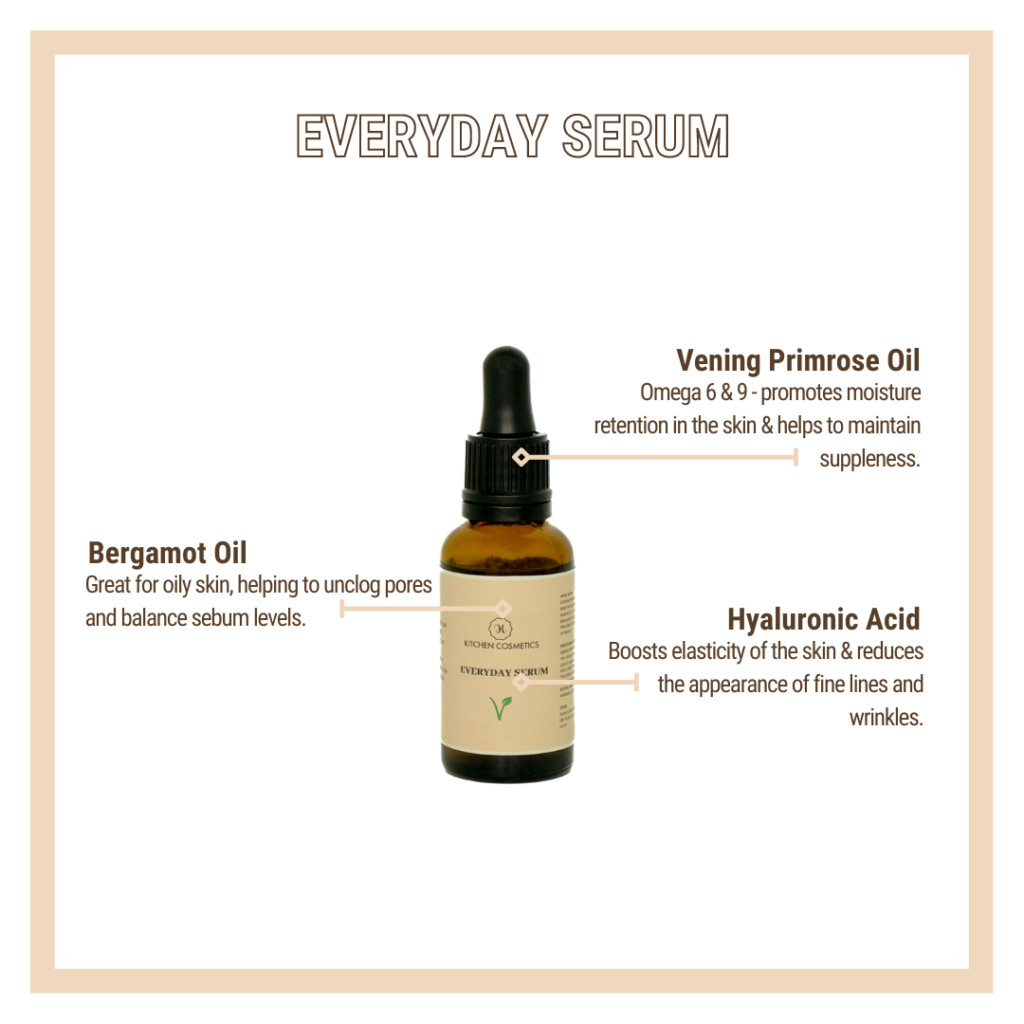
SSM: How do you find it sending off for safety testing and researching the ins and outs of that? Were there good resources online?
Latoya: There’s a lot of resources online. In the UK, it’s not actually a legal requirement to send off for safety testing. You can actually just make a product put a label on it say it does 101 Miracle things and sell it, there’s not a lot of legislation. What there is a lot of legislation on is the ingredients that the UK allows into the country, but in terms putting too much of one ingredient, there’s actually not a lot of regulation around that. With Kitchen Cosmetics I wanted to go the extra mile with safety testing, and I think it’s added an extra level of confidence for the person buying that is validating, so I do shout often about our safety testing quite a bit. I feel like that should be a legal requirement – we shouldn’t be able to just put things together and sell them because it’s actually quite damaging.
A lot of people don’t do the testing because it’s very expensive. For instance, I’ve been formulating a shampoo for a year and I can send off the safety testing. If it comes back and they say there’s one or two percent of a particular thing they’re not happy with and I need to change that, I have to pay to get it sent off again. It’s very expensive if you need to keep doing that, so I do get why friends don’t do it. But for me and for what it is I want to create, it’s not worth the risk.
SSM: How did you get to that point where you thought this is worth the money, before you’ve made any sales, when you first formulated those products?
Latoya: For me, again, it was about really understanding what it is I wanted to create and for longevity, I thought it’s worth me doing it properly from the beginning. If I did start the brand without getting safety tested, then decided in five years time to go for a safety check and they come back negative, after I’d been selling for five years… I couldn’t have that on my conscience. It’s not worth the risk to what I’m creating.
Also from a customer perspective, I’ve already worked in an industry where I’ve sold products I haven’t been 100% confident in and I never want to do that again. I never want to have to sell a product again. I never feel like I’m selling products with Kitchen Cosmetics. I really believe in each one and I’m comfortable talking about the product.
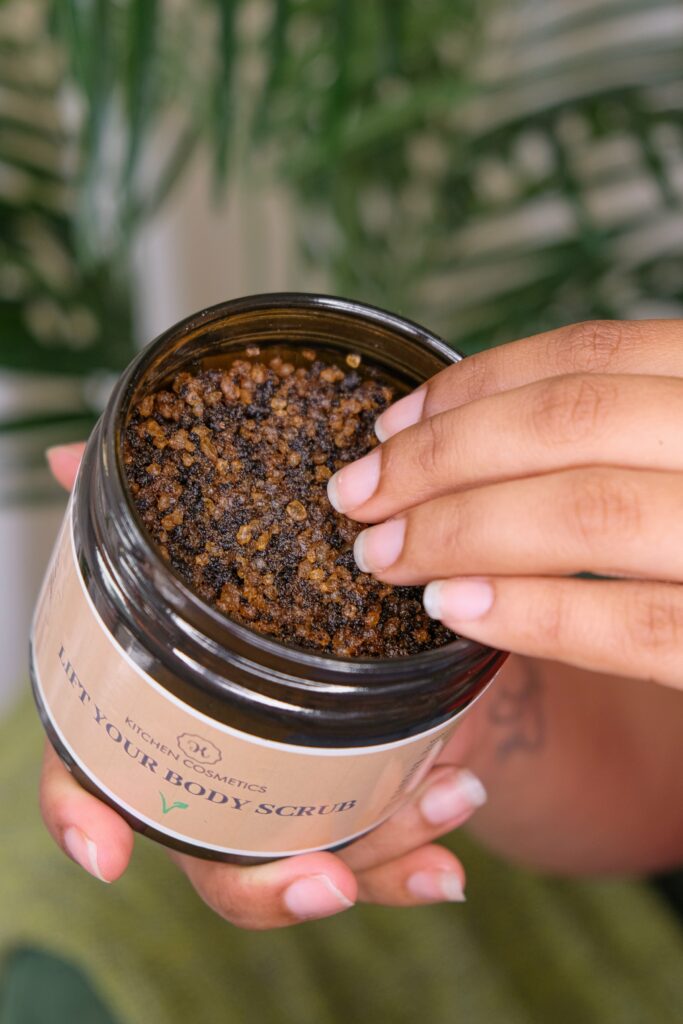
SSM: To round off, could you share one thing that didn’t go right throughout your journey that you learned from and one piece of advice you’d go back and give your younger self, when you were starting out.
Latoya: The one thing that didn’t go right was the online launch. I remember being so excited. I’d already done lots of exhibitions, like health and wellbeing markets, so I already had a customer base who had signed up to my email and that sort of thing. Then on the big launch day, there were no sales, nor that week, nor that month. So, there are lots of emotions about that! But I learned so much from it, especially the importance of marketing structure.
In fact, we didn’t get an online order for nine months. And I remember that exact day. I cried. I got a Facebook message from this person who had bought products in the previous summer. He sent me a really nice message, saying how happy he was and how much more confident now his skin had cleared up. After leaving that message he purchased online. At that point I’d been feeling like, well, what am I doing? The whole online space was completely, completely new to me. So yeah, definitely. The launch was wrong.
And one piece of advice to my younger self would be to slow down. I feel like everyone can do with that message. Just slow down.
Discover the Kitchen Cosmetics brand on Social Supermarket now.
